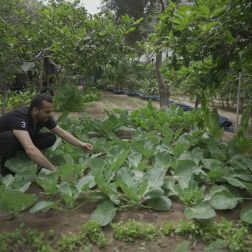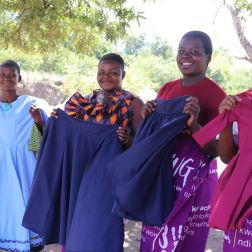- 4 mins read time
- Published: 19th August 2018
Five things I’ve learned being a humanitarian aid worker
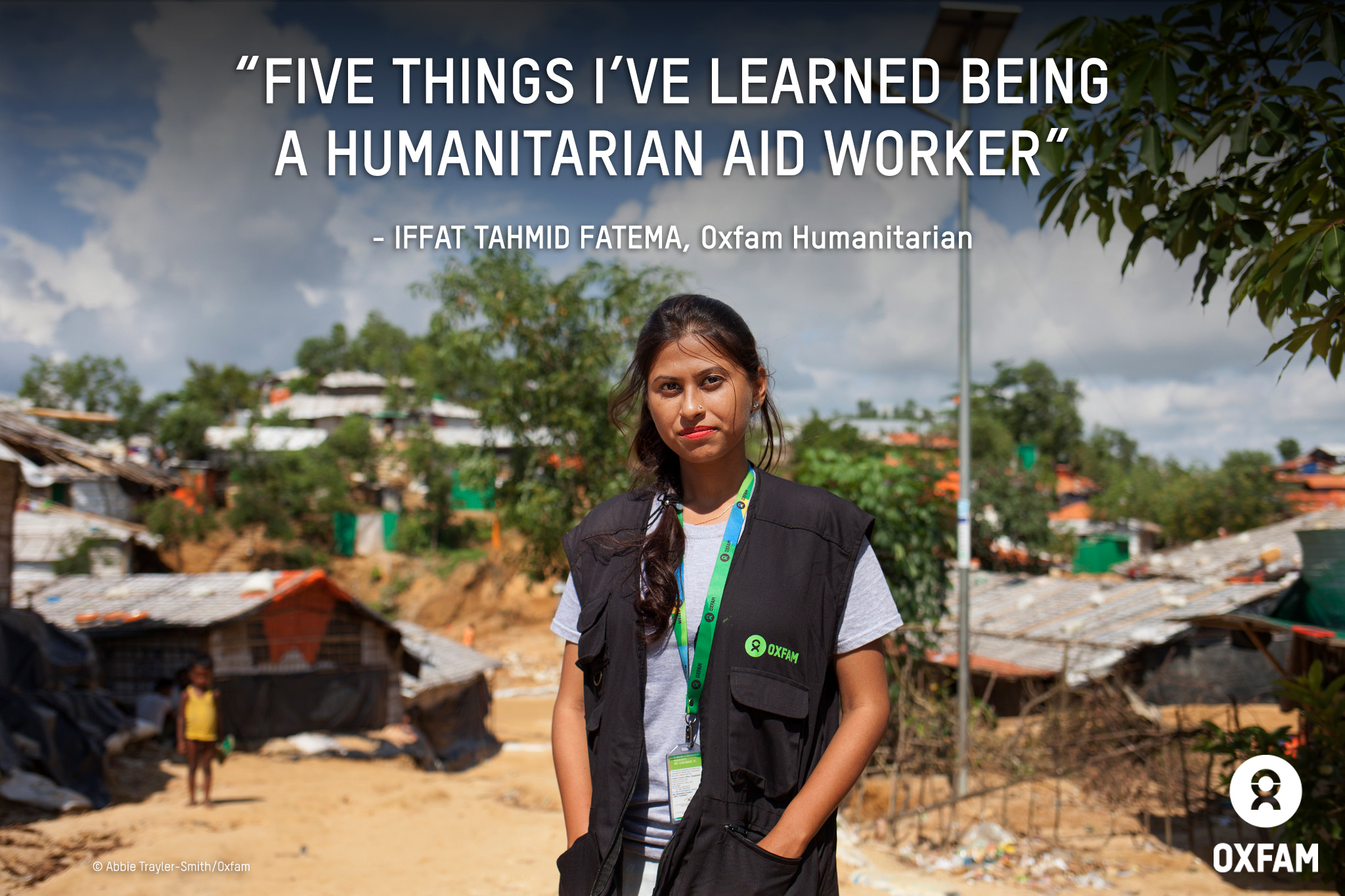
This World Humanitarian Day, Iffat Tahmid Fatema, Oxfam public health worker, shares what it's like helping people in our Rohingya refugee response in Bangladesh.
I started working for Oxfam last year at the height of the emergency when Rohingya refugees were arriving in huge numbers every day. At that time, I was toiling in a lab at the Asian University for Women in Chittagong pursuing my Master's degree in Bio-Technology, but I knew I wanted to work with real people, face-to-face. What's happened to the Rohingya people really upset me. I had never seen people living with so little. It really hurt me.
Now I teach Rohingya refugees living in the camp in Cox's Bazar about health and hygiene, to help them keep well and to prevent a major outbreak of disease. We discuss the importance of cleanliness and personal hygiene like washing your hands with soap after going to the toilet and before eating. We work with volunteers from the Rohingya community, training them so they can teach other refugees and spread good hygiene messages far and wide. The Oxfam team has reached more than 266,000 people in the camps so far.
1. Know what motivates you
In this job you need drive, good communication skills, and initiative.
When it's extremely hot, or raining heavily, or you’re tired, you might not feel like spending another long day in the camps. But then you think of the refugees and how you are working for them - that motivates you to keep going.
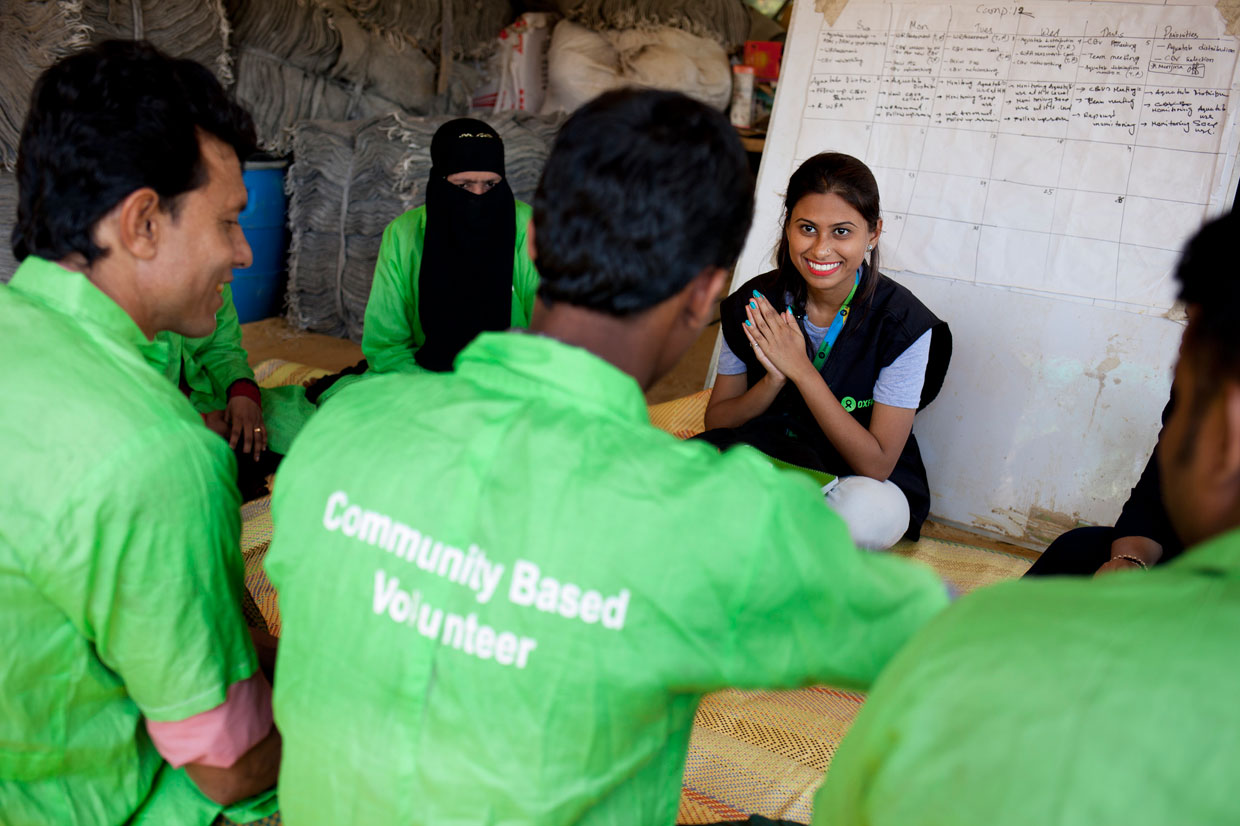
2. You have to build trust
Humanitarian work is also about building trust. You have to be sensitive to local culture and traditions.
You also have to be able to talk to different groups of people in different ways, from children to older people and Imams, the religious leaders. And you need to be a good observer so you can try to understand how people think.
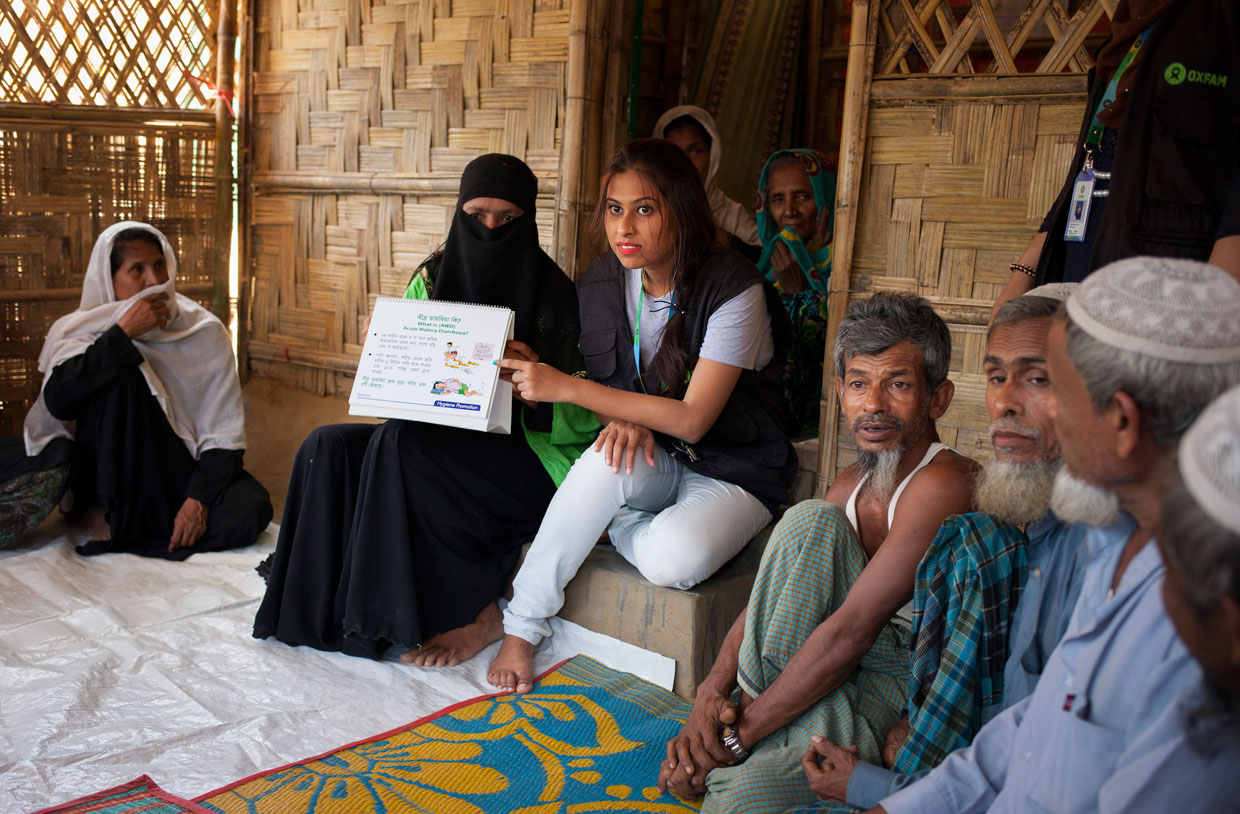
3. Speak their language
Sometimes the refugees can be uncomfortable with someone who is not like them, so it helps that I can speak a similar language. But the language is also the biggest challenge as the regional language, Chittagonian, is only about 70 per cent the same as Rohingya.
Oxfam has worked with Translators Against Borders to develop a new translation app in English, Bangla and Rohingya, including specific vocabulary about health and hygiene, so this will be a big help.
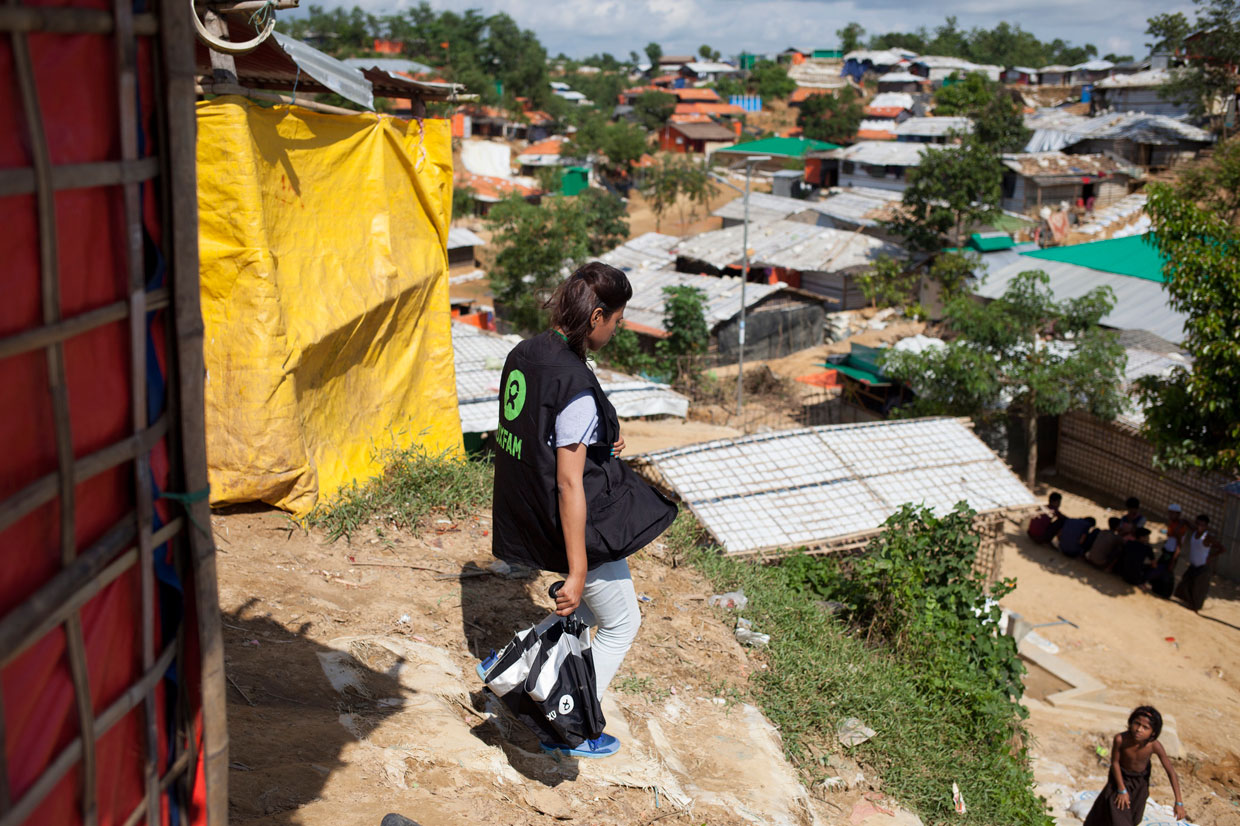
4. Be prepared to face challenges
Working in the monsoons has been extremely hard and can be dangerous. When there is a heavy downpour of rain, conditions in the camps become very bad, very quickly. You can sink into the mud and lose your boots. When you climb the dirt steps there is the possibility the whole thing will collapse.
5. Patience is a virtue
The most important thing I have learnt is to be polite and be patient - even though I might be repeating the same thing hundreds of times, such as how to wash your hands. I am very impatient by nature, but working in the camps I have learned how to control my frustrations.
The most satisfying part of my job has been hearing from refugees what a difference Oxfam’s support has made to them.
We run regular listening groups where the community can give us constructive feedback. Recently a grandfather told me: "We are happy that you come and you listen to us. Thank you for the work you do."
That made me feel very happy.
This entry posted on 18 August 2018 by Iffat Tahmid Fatema, humanitarian public health worker for Oxfam’s Rohingya refugee response in Bangladesh, as part of our World Humanitarian Day program.
All photos: Iffat Tahimd Fatema, humanitarian public health promoter for Oxfam, in the Rohingya refugee camps, Cox's Bazar, Bangladesh. Credit: Abbie Trayler-Smith/Oxfam
